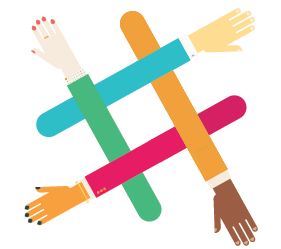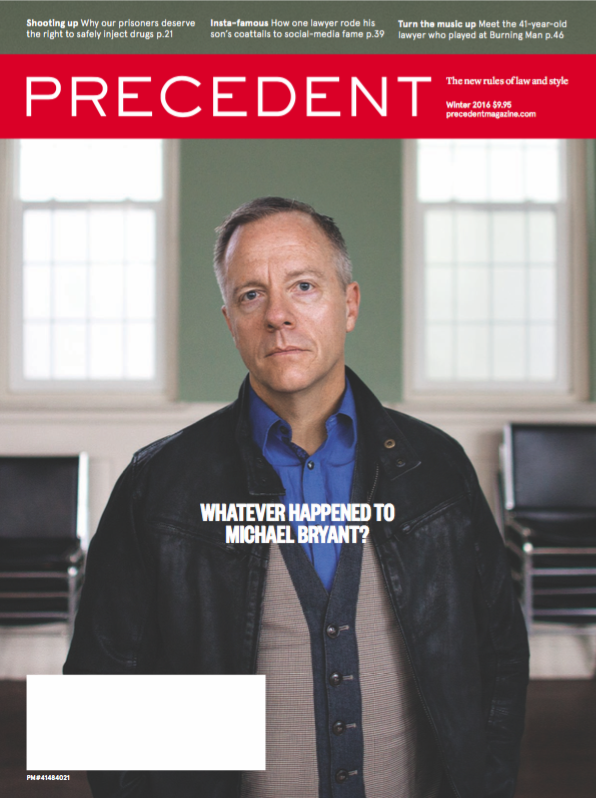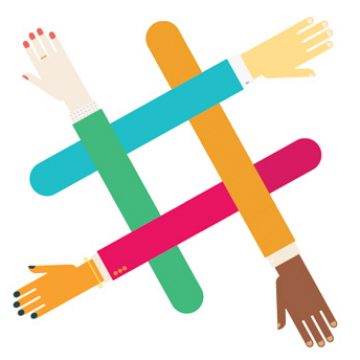Just as email replaced letter writing, Slack, an instant-messaging app for the workplace, is threatening to wipe out email. The proof is in the numbers. The three-year-old startup is valued at $3.8 billion — as of this April — and boasts nearly three million users. It’s one of the tech world’s prize pigs. But what’s most impressive is that Slack is moving into traditionally tech-resistant territory: law.
“We get so many emails every day,” says Andrew Cooley, an associate at SkyLaw in Toronto, a boutique corporate firm that uses Slack. “For quick internal updates and questions, it’s faster to send each other messages over Slack.”
The firm has also  embraced one of Slack’s most popular features: group chats organized by topic, called “channels.” Rather than relying on long email threads, the firm sorts internal chatter into its own unique channels. Popular ones include #blogideas, #lunchplans and #economistwisdom, where they share interesting tidbits they read in the Economist.
embraced one of Slack’s most popular features: group chats organized by topic, called “channels.” Rather than relying on long email threads, the firm sorts internal chatter into its own unique channels. Popular ones include #blogideas, #lunchplans and #economistwisdom, where they share interesting tidbits they read in the Economist.
But channels can be for more than just chit-chat. At Momentum Law, a boutique business firm in Ottawa, lawyers place entire agreements and resolutions into channels, to solicit feedback from colleagues. “Different people can chime in simultaneously,” says Megan Cornell, the founder of the firm. “And while writing and sending emails takes time, Slack is an informal, ongoing conversation, so it speeds things up.”
Slack is useless, however, without buy-in from the whole team. “If only the most junior lawyers use Slack, it might become a place for griping about the office,” says Cornell. “But if senior lawyers join, it becomes a great tool.”
Getting that buy-in can be tough. Just ask James Brink, a partner at Ormston List Frawley LLP, a small corporate firm in Toronto. When he suggested using Slack, about a year ago, nearly half of the firm’s 12 lawyers agreed to give it a try. Now it’s just him and a junior associate. “It comes down to inertia,” says Brink. “People are used to email and it requires a real mental shift to jump to something else.”
There’s another reason some lawyers are wary: privacy concerns. Slack offers free and paid subscriptions, but none of them include protection in the event of a data breach. The company may offer more security features down the line, but when asked to comment for this story, a Slack spokesperson would only say, in an email, “We are committed to constantly improving our features to make sure teams of all sizes can collaborate.”
Though Brink is a fan of Slack, he dislikes the self-help style of customer service that relies on FAQs. Having a live customer-service rep on the phone, he says, is helpful “so you have someone to yell at when the partner is yelling at you because he can’t find his document.”
 This story is from our Winter 2016 issue.
This story is from our Winter 2016 issue.
Illustration by Alina Skyson


